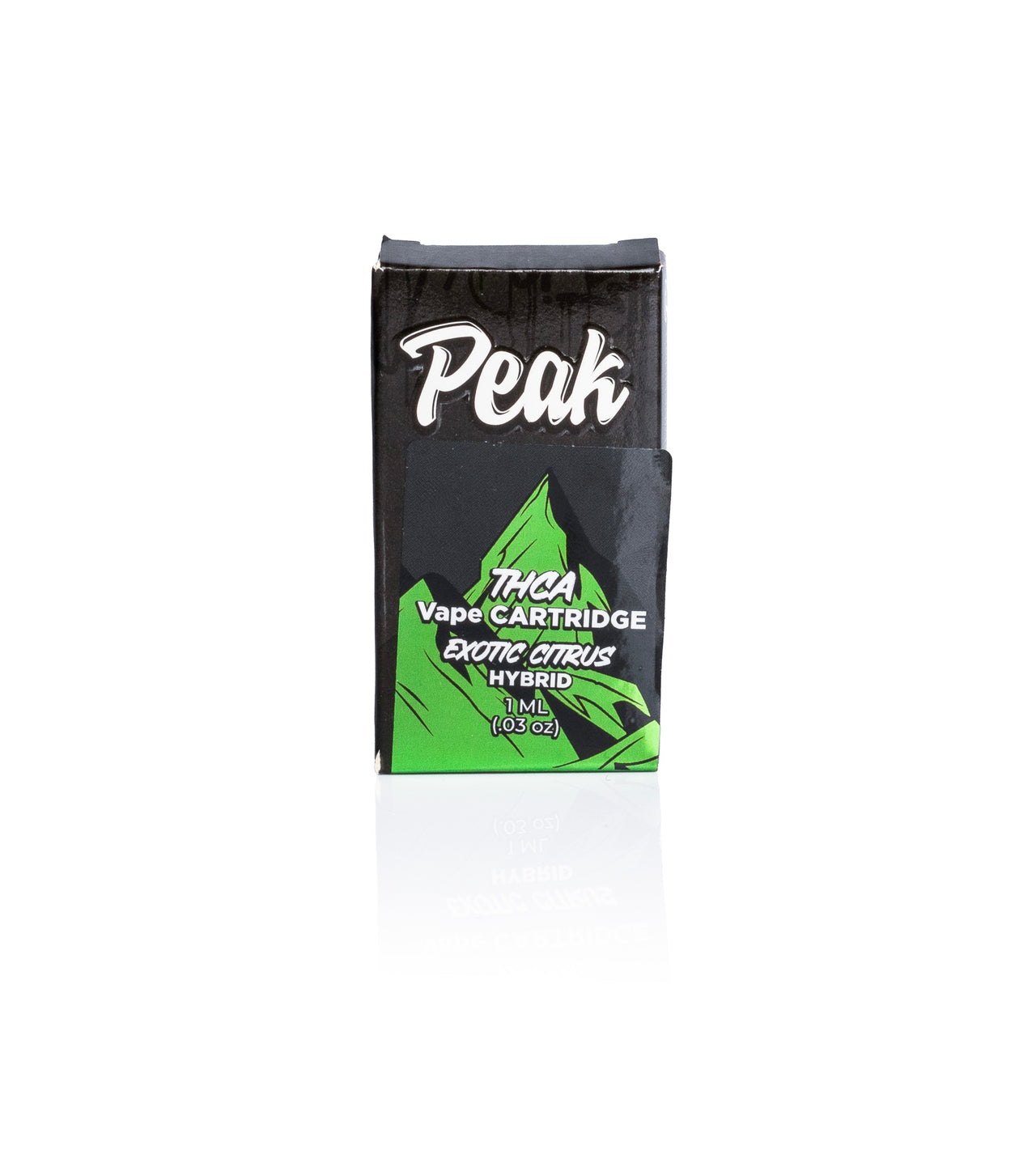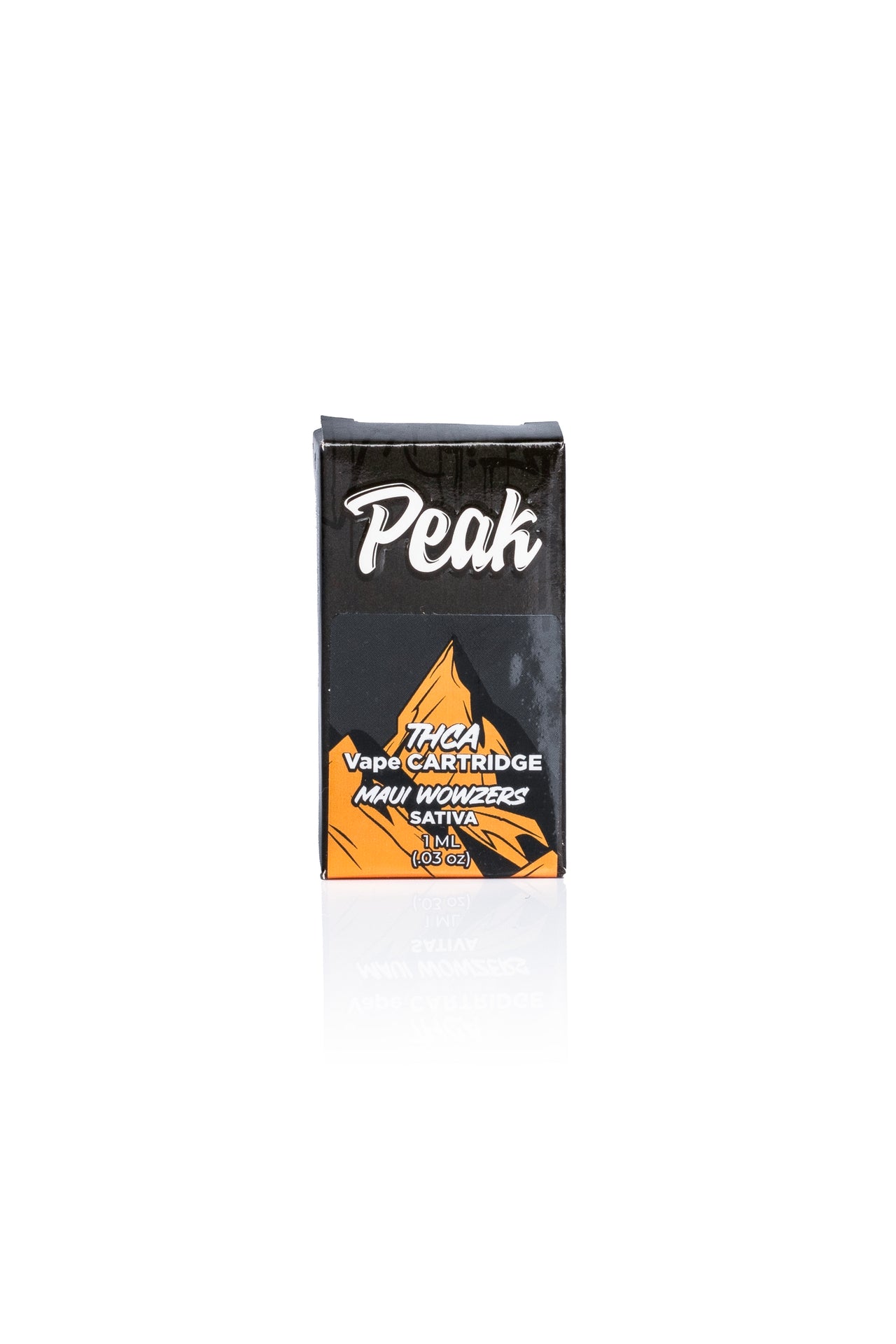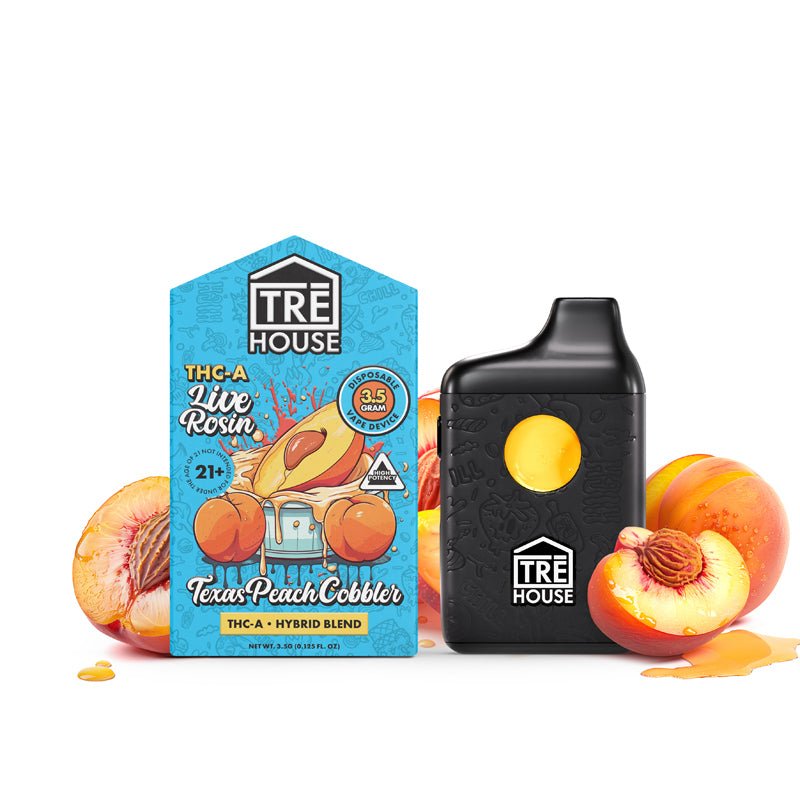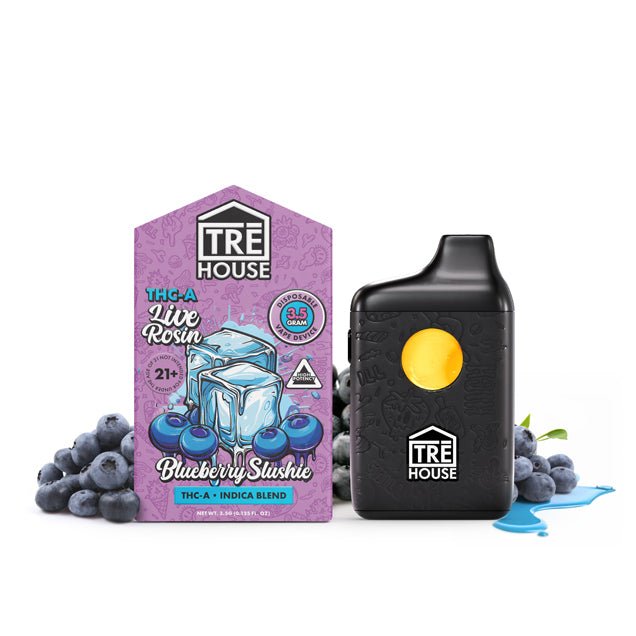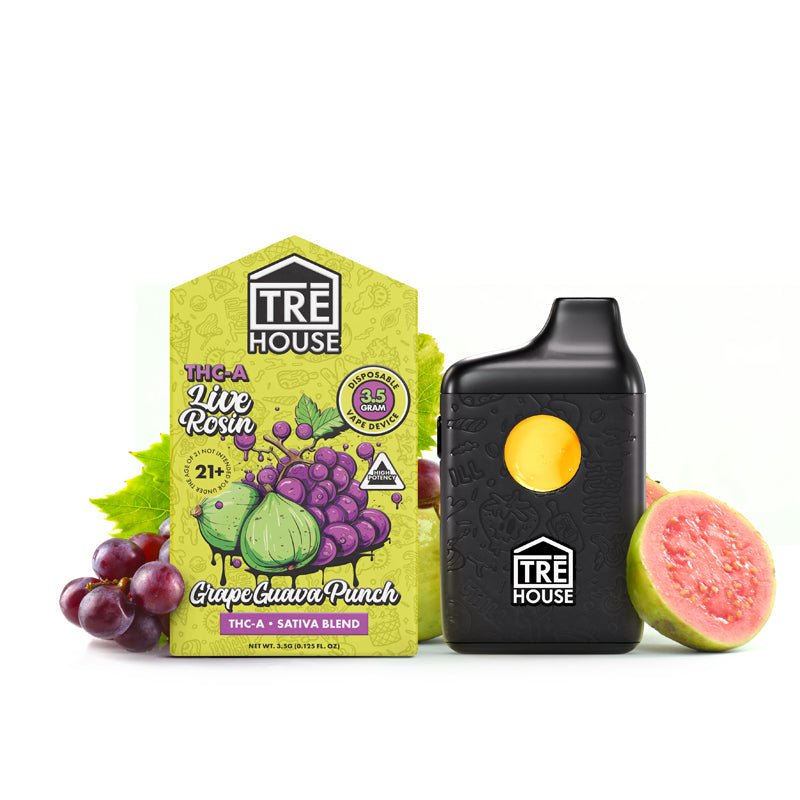THCa
What is the difference between THC and THCA?
THCA (Tetrahydrocannabinolic Acid) is the raw, non-psychoactive precursor to THC (Delta-9-Tetrahydrocannabinol). THCA is found in raw cannabis plants and only converts to THC when exposed to heat through a process called decarboxylation (e.g., smoking or vaping). THC is psychoactive, while THCA is not.
➕ Learn more about THCA...
Can THCA get you high?
No, THCA does not get you high on its own because it lacks psychoactive properties. However, when heated (through smoking, vaping, or cooking), THCA is converted to THC, which can produce the "high" associated with cannabis.
THCa vs. THCv?
THCA and THCV (Tetrahydrocannabivarin) are different cannabinoids with distinct effects:
- THCA: Non-psychoactive until converted to THC; used primarily for potential therapeutic benefits like anti-inflammation.
- THCV: A psychoactive cannabinoid in high doses, known for its appetite-suppressing and stimulating effects, making it potentially useful for weight management. Both offer unique therapeutic properties, but THCV is more psychoactive and energizing compared to THCA.
Which Is Better between THC and THCA?
The choice between THC and THCA depends on your needs. If you're seeking psychoactive effects or a "high," THC is better. For non-psychoactive therapeutic benefits, such as anti-inflammatory or neuroprotective effects, THCA may be more suitable. THCA is typically consumed in raw forms or as a supplement.
How Does THCa Work?
THCA interacts with the body's endocannabinoid system but does not bind directly to cannabinoid receptors like THC. Instead, it offers potential health benefits such as reducing inflammation, supporting neuroprotection, and promoting general wellness without intoxicating effects. When decarboxylated, THCA converts into THC, producing psychoactive effects.
Is THCa Legal?
THCA is often legal in places where THC is restricted, as it is not psychoactive in its raw form. However, its legal status can vary depending on local laws, especially regarding its potential to convert into THC when heated. It’s important to check specific regional regulations.
Benefits of THCa
THCA may offer a range of potential benefits, including:
- Anti-inflammatory: Helpful for conditions like arthritis and inflammatory diseases.
- Neuroprotective: May protect against neurodegenerative disorders.
- Anti-nausea: Can help with nausea and appetite stimulation.
- Anti-proliferative: Early studies suggest it may inhibit cancer cell growth.
- Pain relief: Could provide non-psychoactive pain management.
How Does THCa Compare to Other Types of THC?
Compared to THC, THCA does not produce psychoactive effects and offers a wider range of potential therapeutic benefits without the "high." In contrast, other forms of THC, like Delta-9-THC or Delta-8-THC, are psychoactive and primarily sought for their mood-altering properties. THCA is more commonly used for raw cannabis supplements or wellness products, while THC is consumed for its intoxicating effects.
